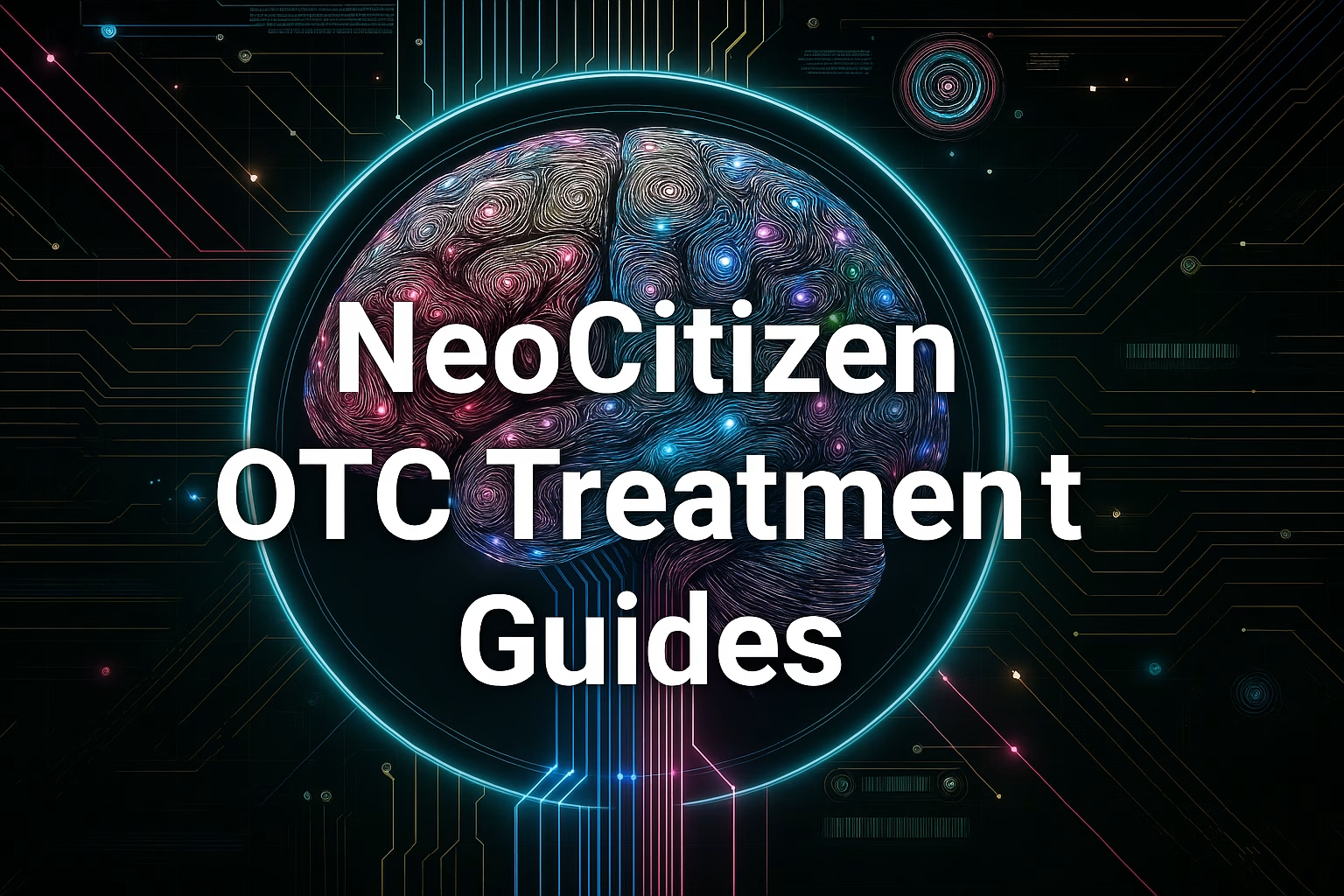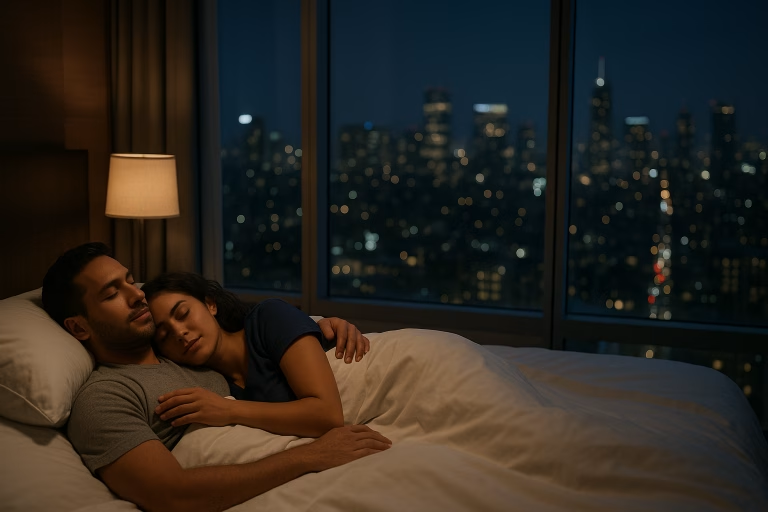
Why Sleep Aids Matter in 2025
Getting quality sleep is more important than ever in today’s fast-paced world. Whether you’re juggling work, family, stress, or digital distractions, poor sleep can take a serious toll on your health. Millions of adults experience difficulty falling asleep or staying asleep, which can lead to problems like:
- Fatigue and low energy
- Trouble focusing or remembering things
- Mood swings and irritability
- Weakened immune system
- Increased risk of chronic diseases
That’s where sleep aids come in. In 2025, there are more safe and effective options than ever—ranging from pharmacist-recommended over-the-counter (OTC) sleep remedies to gentle, natural supplements made with herbs and melatonin.
This guide reviews the Top 10 Best Sleep Aids for Adults—including what makes each product special, how the ingredients work, pros and cons, side effects, and pharmacist counseling tips to help you sleep better and wake up refreshed.
Common Causes of Sleep Problems in Adults
Understanding what’s keeping you awake is the first step toward better sleep. Many adults struggle with insomnia or poor sleep due to a variety of common triggers, including:
- Stress and Anxiety – Racing thoughts, worry, or emotional tension can make it hard to relax and fall asleep.
- Poor Sleep Habits – Inconsistent sleep schedules, excessive screen time, or using the bed for work can disrupt your natural sleep rhythm.
- Caffeine or Alcohol Use – Late-night coffee or evening alcohol may interfere with falling or staying asleep.
- Medical Conditions – Chronic pain, acid reflux, asthma, or sleep apnea can cause frequent awakenings during the night.
- Medications – Some prescription or OTC drugs (like stimulants or certain antidepressants) can affect your sleep cycle.
- Jet Lag or Shift Work – Disruptions in your circadian rhythm from changing time zones or irregular work hours can throw off your body’s internal clock.
By identifying the root cause, you can choose the right sleep aid and make simple changes to improve your rest naturally.
Common Symptoms of Sleep Disorders and Insomnia
Sleep problems can show up in different ways, and knowing the signs can help you take action early. Here are the most common symptoms adults may experience:
- Difficulty falling asleep – Lying awake for 30 minutes or more before dozing off.
- Frequent waking during the night – Getting up multiple times and struggling to return to sleep.
- Waking up too early – Rising much earlier than planned and unable to fall back asleep.
- Daytime fatigue – Feeling tired, sluggish, or drained even after a full night’s rest.
- Irritability or mood swings – Lack of sleep can increase emotional sensitivity and anxiety.
- Poor concentration or memory issues – Brain fog, forgetfulness, and difficulty focusing.
- Headaches or tension – Especially in the morning, due to poor sleep quality.
If you notice several of these symptoms, it may be time to explore sleep aids or speak with a healthcare professional for support.
Top 10 Best Sleep Aids for Adults in 2025
1. Natrol Melatonin 5mg Fast Dissolve (Pharmacist-Recommended #1)
How It Works & What Makes It Special: Melatonin helps regulate the body’s internal clock. This fast-dissolving version allows for quicker absorption, making it ideal for those who have trouble falling asleep.
Side Effects:
- Drowsiness
- Vivid dreams
- Headache or dizziness (rare)
Counseling Points:
- Take 20–30 minutes before bedtime.
- Avoid use if driving or operating heavy machinery.
- Best for occasional sleeplessness or jet lag.
Learn more about Natrol Melatonin
2. ZzzQuil Pure Zzzs Botanical Blend
How It Works & What Makes It Special: A blend of valerian root, chamomile, lavender, and lemon balm helps reduce anxiety and support a calm mind naturally without melatonin.
Side Effects:
- Mild stomach upset
- Possible allergic reaction to botanicals
Counseling Points:
- Avoid if allergic to any herbal components.
- Use only as directed; not intended for long-term use.
3. Olly Sleep Gummies
How It Works & What Makes It Special: Combines melatonin with L-theanine and botanicals like chamomile to support relaxation and help you fall asleep faster in a fun, tasty gummy form.
Side Effects:
- Vivid dreams
- Grogginess in sensitive users
- Potential mild GI upset
Counseling Points:
- Avoid taking with alcohol.
- Monitor for next-day drowsiness in first use.
4. Unisom SleepTabs (Doxylamine Succinate)
How It Works & What Makes It Special: An antihistamine that causes drowsiness by blocking histamine receptors, offering fast and effective sedation.
Side Effects:
- Dry mouth
- Drowsiness the next morning
- Constipation or urinary retention (in some individuals)
Counseling Points:
- Not for prolonged use without physician supervision.
- Use caution if elderly or with medical conditions.
5. Nature Made Melatonin + L-theanine
How It Works & What Makes It Special: Combines melatonin with L-theanine, an amino acid that promotes relaxation without sedation, helping improve sleep latency and quality.
Side Effects:
- Mild headaches
- Drowsiness
- Irritability (rare)
Counseling Points:
- Ideal for short-term sleep problems and occasional anxiety.
- Avoid caffeine after midday.
6. Luna Sleep Aid by Nested Naturals
How It Works & What Makes It Special: A comprehensive natural blend featuring melatonin, magnesium, valerian root, and calming herbs like chamomile and lemon balm. Magnesium supports muscle relaxation.
Side Effects:
- Dizziness
- Gastrointestinal upset (especially on empty stomach)
Counseling Points:
- Take with food to reduce stomach discomfort.
- Consistent use may improve effectiveness.
7. MidNite Sleep Aid
How It Works & What Makes It Special: A mild sleep aid with melatonin and calming herbs. Unique because it can be taken even after waking in the night.
Side Effects:
- Slight morning drowsiness
- Allergic reactions (rare)
Counseling Points:
- Great for middle-of-the-night insomnia.
- Avoid more than 2 doses in 24 hours.
8. Somnapure by Peak Life
How It Works & What Makes It Special: A clinically-formulated herbal supplement combining melatonin, valerian, hops, and lemon balm to promote restful sleep.
Side Effects:
- Bitter aftertaste
- Possible grogginess if taken too late
Counseling Points:
- For best results, take 30-60 minutes before bed.
- Avoid operating heavy machinery after use.
9. Relaxium Sleep
How It Works & What Makes It Special: Combines GABA, ashwagandha, magnesium, melatonin, and chamomile to relieve stress and regulate the sleep-wake cycle.
Side Effects:
- GI discomfort
- Drowsiness
- Headache (rare)
Counseling Points:
- Ideal for stress-related insomnia.
- Avoid combining with other sedatives.
10. Goli Dreamy Sleep Gummies
How It Works & What Makes It Special: Delicious, fruit-flavored gummies with melatonin, lemon balm, and magnesium to naturally promote calmness and restful sleep.
Side Effects:
- Drowsiness
- Stomach discomfort if taken on an empty stomach
Counseling Points:
- Keep out of children’s reach due to candy-like taste.
- Take 30 minutes before bedtime.
When to See a Doctor About Sleep Issues
While many sleep problems can be managed with lifestyle changes or OTC sleep aids, some situations require professional medical help. See a doctor if you experience:
- Sleep problems lasting more than 3 weeks – Chronic insomnia may need further evaluation and treatment.
- Loud snoring or gasping for air during sleep – These may be signs of sleep apnea, a serious condition.
- Severe daytime sleepiness – If you’re falling asleep at work, while driving, or during conversations.
- Relying on sleep aids every night – Long-term dependence may signal an underlying issue.
- Mental health symptoms – Ongoing anxiety, depression, or mood swings linked to poor sleep.
- Unusual behaviors during sleep – Sleepwalking, acting out dreams, or night terrors should be discussed with a specialist.
- Persistent pain or discomfort – If physical symptoms are preventing you from getting proper rest.
Getting the right diagnosis and treatment plan can lead to lasting improvements in your sleep and overall health.
Lifestyle Tips for Better Sleep and Healthier Living
Improving your sleep naturally starts with small, consistent changes to your daily routine. These healthy habits can make a big difference in the quality of your rest:
- Stick to a regular sleep schedule – Go to bed and wake up at the same time every day, even on weekends.
- Create a calming bedtime routine – Wind down with relaxing activities like reading, meditation, or a warm bath.
- Limit screen time before bed – Avoid phones, tablets, or TV at least 30–60 minutes before sleep.
- Avoid caffeine and alcohol in the evening – Both can disrupt your ability to fall or stay asleep.
- Get sunlight during the day – Natural light exposure helps regulate your body’s internal clock.
- Keep your bedroom cool, dark, and quiet – Create an ideal sleep environment free from noise and distractions.
- Exercise regularly – Daily physical activity promotes deeper sleep, but avoid intense workouts close to bedtime.
- Eat light at night – Avoid heavy meals or spicy food late in the evening.
Incorporating these tips into your lifestyle can help you fall asleep faster, sleep deeper, and wake up feeling more refreshed—no prescription needed.
Final Thoughts: Choosing the Right Sleep Aid for a Restful Night
Finding the right sleep aid is a personal journey—what works well for one person might not be as effective for another. The key is understanding your specific sleep challenges and choosing a solution that fits your needs and lifestyle. Here are a few final takeaways to help guide your decision:
- Start with natural options – Melatonin, herbal blends, and magnesium supplements are great first steps for mild to moderate sleep issues.
- Avoid habit-forming products – Look for non-habit-forming labels, especially if you plan to use the product regularly.
- Pair supplements with healthy habits – Sleep aids are most effective when combined with good sleep hygiene and a relaxing bedtime routine.
- Monitor how you feel – If you notice side effects like grogginess, dizziness, or strange dreams, consider adjusting your dose or trying a different formula.
- Talk to your pharmacist or doctor – If you’re unsure which sleep aid is right for you, or if you’re taking other medications, get professional advice before starting any new supplement.
- Listen to your body – Pay attention to your sleep patterns, energy levels, and overall wellness as you try new products or routines.
With the right combination of lifestyle changes and safe, effective sleep aids, better sleep is not just a dream—it’s totally possible.
#BestSleepAids2025, #SleepBetter, #InsomniaRelief, #NaturalSleepAid, #Melatonin, #SleepSupplements, #OTCSleepAid, #ValerianRoot, #RelaxationSupport, #PharmacistRecommended, #AdultSleepSupport, #NonHabitForming, #LTheanine, #OverTheCounterSleep, #BetterSleepTonight










